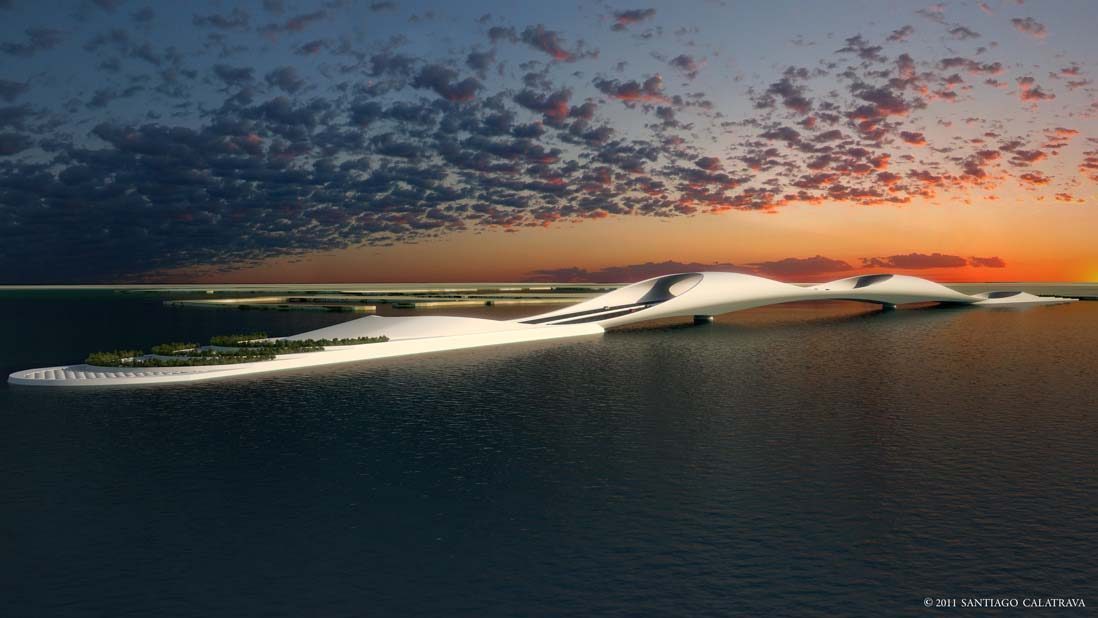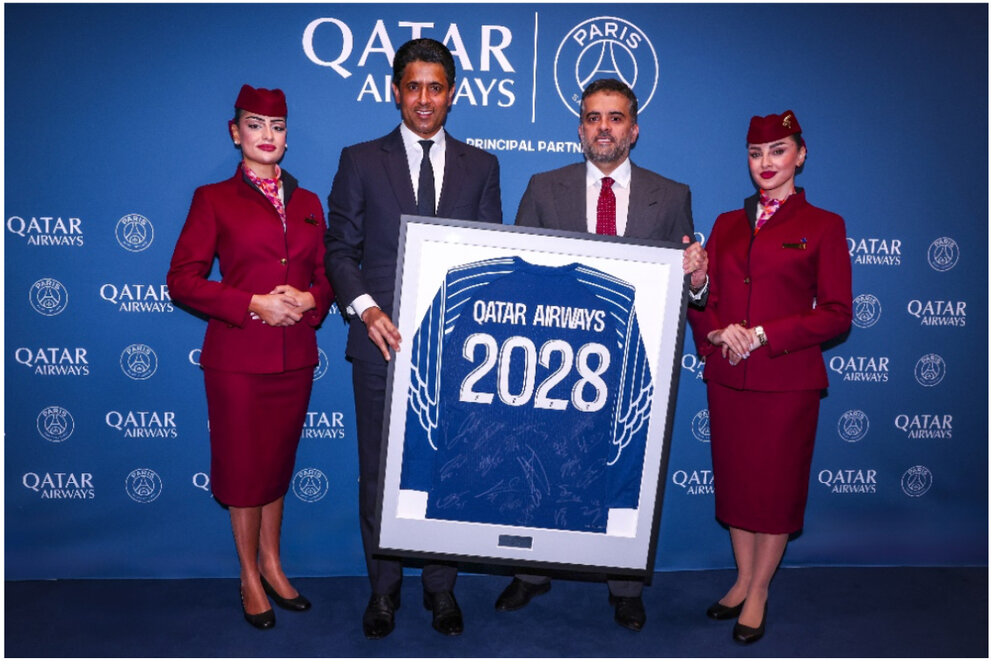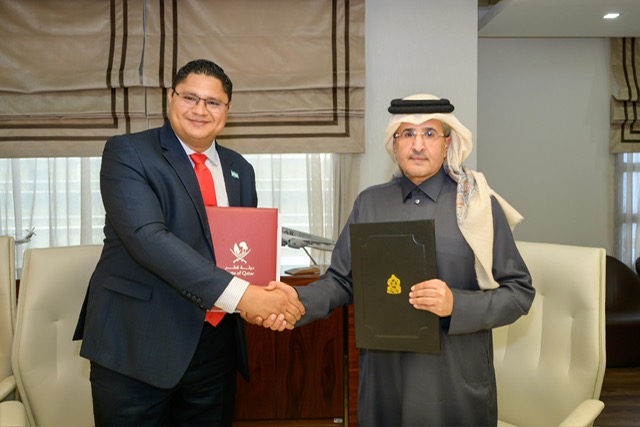
Amid declining government revenues and an overheated construction sector, a report has emerged that Qatar is delaying the development of the iconic Sharq Crossing.
Dubai-based business intelligence firm MEED reported this week that delivery of the project would be postponed as Qatar starts deferring non-essential infrastructure schemes.
Qatar’s public works authority, Ashghal, did not immediately respond to questions Monday.

The Sharq Crossing was to be a 12-kilometer series of tunnels and bridges connecting Hamad International Airport, Katara Cultural Village and the Dafna/West Bay business district.
Along with being an architectural icon that redefined Doha’s skyline in time for the 2022 World Cup, the Sharq Crossing was expected to be capable of handling 6,000 vehicles an hour and offer some relief to commuters on the Corniche.
After some five year of discussions, plans for the project – dubbed “one of the most ambitious engineering projects ever undertaken in the Middle East” by officials – were unveiled with much fanfare in December 2013.
Construction was supposed to start this year and be completed by 2021, just before football fans started to pour into Qatar for the World Cup.
While Ashghal refused to put a price tag on the project, MEED previously estimated it would cost approximately $12 billion.
Concerns about cost overruns, delays and competition for skilled workers have reportedly prompted Qatar to reschedule a handful of major projects over the past year. However, the Sharq Crossing appears to be one of the most high-profile infrastructure initiatives to be affected to date.
News of the postponement comes a week after Qatar’s government established a ministerial committee overseeing projects of “strategic importance” and tasked with prioritizing major development initiatives and reviewing costs, among other responsibilities.
Financial concerns

In recent years, the push to build new homes, roads, schools and office buildings for Qatar’s rapidly growing population has strained the supply of construction material and skilled labor in the country.
Meanwhile, Qatar’s ability to absorb large cost-overruns is dwindling almost daily alongside the falling price of oil.
Qatar’s large financial reserves should help the government shoulder a period of low oil prices. However, authorities are under pressure to cut costs – likely by delaying or canceling unessential construction projects.
Adding to financial concerns surrounding the project, multiple media reports say other clients of the Spanish architect behind the Sharq Crossing have paid much more than they had expected for his projects.

News of the delay will likely be disappointing for the companies that hoped to cash in on the project. Several firms, including Belgium-based Besix, had formed joint ventures with other contractors ahead of submitting their credentials last fall as part of a pre-qualification process.
However, a MEED editorial hailed the postponement, saying it was in the long-term interest of Qatar and its construction sector:
“Delaying the construction of the Sharq Crossing gives Doha’s already overheating construction sector some respite … Contractors fear they will have to deal with severe price inflation, materials shortages and other supply chain issues as the market attempts to deliver too much too quickly.”
It predicted that had work on the Sharq Crossing started as planned this year, tourists visiting Qatar during the 2022 World Cup would have been treated to the sight of a 12-kilometer construction project, rather than the architectural wonder officials had envisioned.
Thoughts?







